২১ ফাল্গুন ১৪৩২
EU slams Trump's tariffs as ‘Unprecedented’, warns of trade war fallout
03 April 2025 19:04 PM
NEWS DESK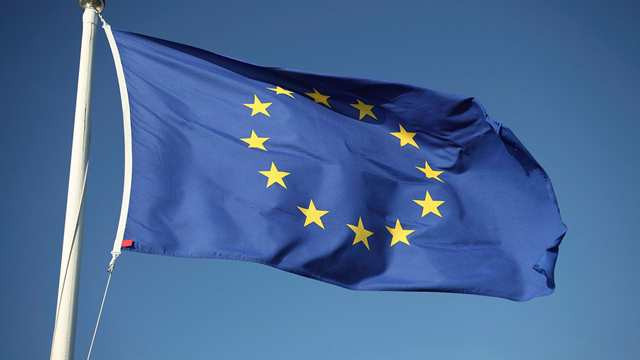
European leaders have condemned Donald Trump’s tariffs as “fundamentally wrong” and creating an “immense difficulty for Europe”, while appealing for last-ditch negotiations to avert an all-out trade war.
European leaders have condemned Donald Trump’s tariffs as “fundamentally wrong” and creating an “immense difficulty for Europe”, while appealing for last-ditch negotiations to avert an all-out trade war.
Spain’s prime minister, Pedro Sánchez, lambasted Donald Trump’s “protectionist” tariffs against EU products, saying they run “contrary to the interests of millions of citizens on this side of the Atlantic and in the US, who will unfortunately see their businesses and their purchase power” affected by the measures.
In a strongly worded and defiant speech in Madrid on Thursday morning, Sánchez said the US administration did not distinguish between friends and enemies: “It goes against everyone and everything.”
Sánchez described the tariffs as an “unprecedented” and “unilateral” US attack on Europe, adding: “Returning to the protectionism of the 19th century isn’t a smart way of tackling the challenges of the 21st century.”
Germany’s outgoing chancellor, Olaf Scholz, said Trump’s decision was “fundamentally wrong” and “an attack on a trade system that has created prosperity all round the world, itself an American achievement”.
France’s prime minister, François Bayrou, said the tariffs were “an immense difficulty for Europe” as well as “a catastrophe for the United States and for US citizens”.
The head of the European Commission, Ursula von der Leyen, described the tariffs as “a major blow to the world economy” spelling “dire” consequences for millions of people. She said the EU was prepared to respond, but urged Trump to “move from confrontation to negotiation”.
The EU is expected to announce retaliatory tariffs on US consumer and industrial goods – likely to include emblematic products such as orange juice, blue jeans and Harley-Davidson motorbikes – in mid-April, in response to steel and aluminium tariffs previously announced by Trump.
The bloc has yet to respond to the 25% duties on EU cars that entered into force on 3 April, nor the latest round of reciprocal tariffs unveiled on Trump’s so-called “liberation day”, dubbed variously “inflation day” and “resentment day” by senior politicians in the European parliament.
The US president announced a 20% tariff on EU exports to the US on Wednesday as part of a sweeping set of measures targeting countries around the world, rich and poor, large and small.
The tariffs would affect 70% of all EU exports to the US, raising a theoretical €80bn (£67bn) for the US treasury, if trade remained unchanged, EU officials estimated.
Von der Leyen said the EU was “preparing for further countermeasures to protect our interests and our businesses if negotiations fail”.
The EU executive is facing growing calls to broaden its armoury by targeting US services from tech companies to big banks.
Bernd Lange, the head of the European parliament’s international trade committee, said “if we are really on an escalation ladder, then of course we will have a look to the tech giants as well,” although he added “this is not the first choice.”
The German Social Democrat MEP, who travels to Washington next week, also favours negotiations, but is sceptical. He said only Trump and his trade adviser, Peter Navarro, controlled trade policy and until they were willing to take part in discussions, “negotiations are not possible – that’s really a mess.”
Lange also suggested Trump’s grievances went far beyond European tariffs, as the US’s stated grievances concerned EU legislation, from food law to safe internet rules. “This is of course not the ground for negotiation,” he said.
EU retaliation will have to be agreed by a weighted majority of member states, amid deep alarm over the consequences for European jobs and industry.
The Italian prime minister, Giorgia Meloni, who cleared her diary on Thursday to focus on the issue, said: “We will do everything we can to work towards an agreement with the United States, with the goal of avoiding a trade war that would inevitably weaken the west in favour of other global players.”
The Polish prime minister, Donald Tusk, described the tariffs as “a painful and bitter blow” that may reduce Polish GDP by 0.4%.
The EU-US trade relationship was worth €1.6tn (£1.3tn) in 2023: the EU sells more goods to the US, a surplus of €154bn, thanks to cars and medicines, while the US has a €109bn surplus in services, reflecting the success of its banks and tech companies in Europe.
Senior EU officials declined to speculate on what further countermeasures could look like, but said nothing was off the table. “Retaliation is not a punishment. Retaliation is a means to an end,” said one senior EU official stressing the wish for a negotiated outcome.
Meanwhile, officials are seeking to finalise the first round of its retaliatory tariffs amid national lobbying. Behind the scenes, France has been calling for US bourbon to be removed from the EU’s retaliatory tariffs in the hope of avoiding a counter punch against the French drinks industry. Trump threatened “200%” tariffs on wines, spirits and champagne from France and other EU countries when he learnt of the plan to target US whiskey.
The commission is also facing questions over whether it will invoke for the first time the EU’s anti-coercion law, which gives the bloc wide leeway to impose trade and investment restrictions on a foreign government deemed to be using trade as a weapon.
This law could, in theory, allow the EU to revoke banking licences for large US banks, cancel US intellectual property rights in Europe and block US companies from bidding for European government contracts. It can only be triggered by a weighted majority of EU member states – a big step against an old ally many EU governments still hope to win round.
The EU’s most senior trade official, Maroš Šefčovič, is due to speak to his US counterparts on Friday. “We’ll act in a calm, carefully phased, unified way, as we calibrate our response, while allowing adequate time for talks. But we won’t stand idly by, should we be unable to reach a fair deal,” Šefčovič wrote on social media.
EU officials are also bracing for sectoral tariffs to hit three further industries: pharmaceuticals, semiconductors and lumber.





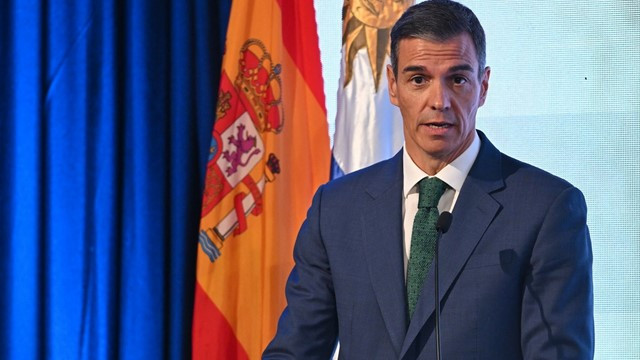

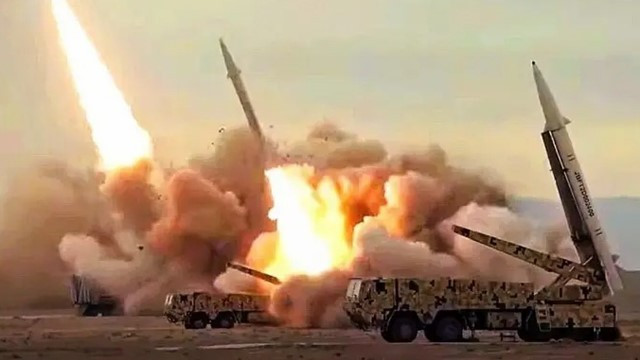


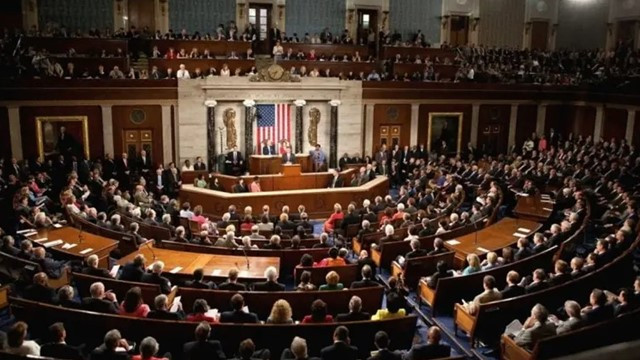
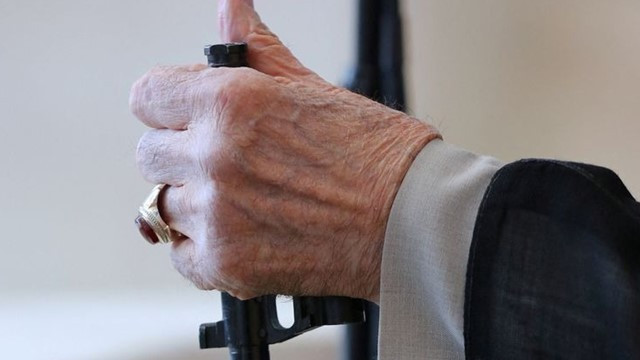
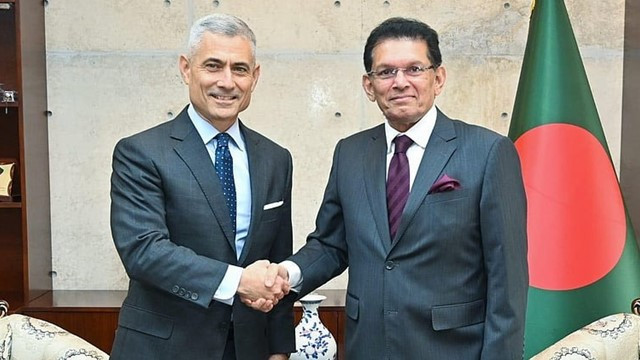

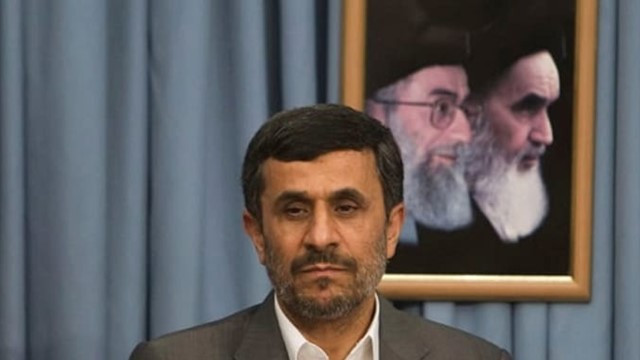

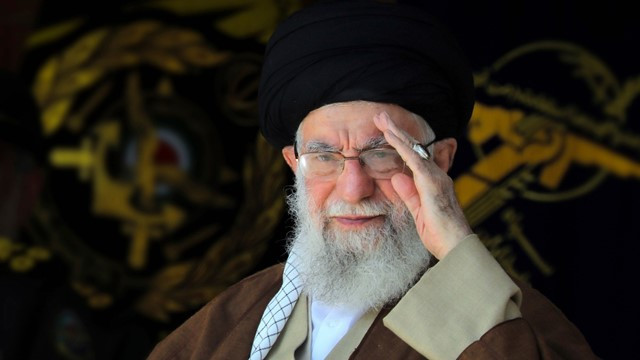
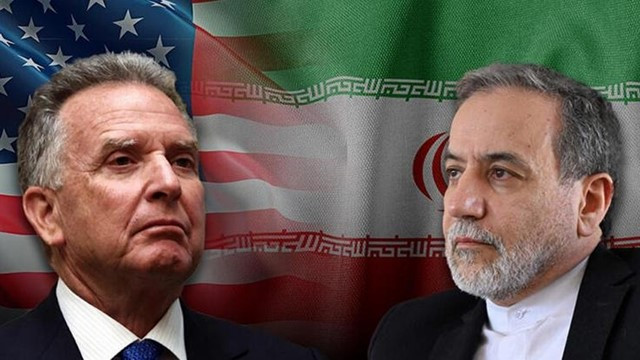

Comments Here: